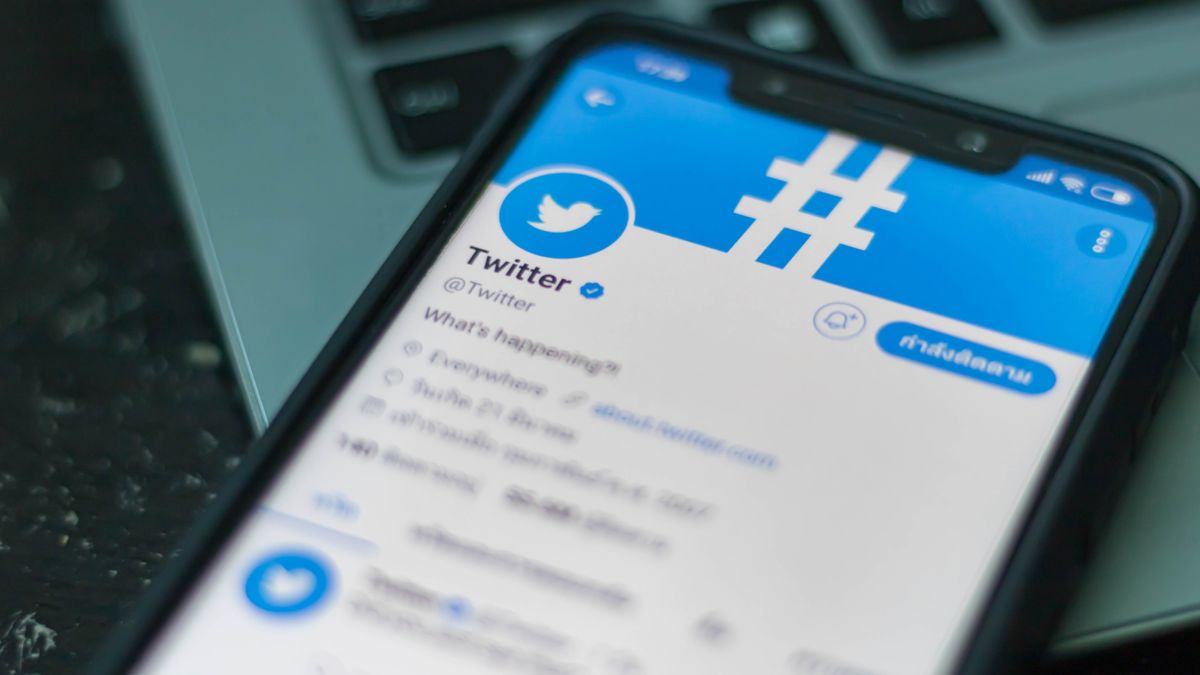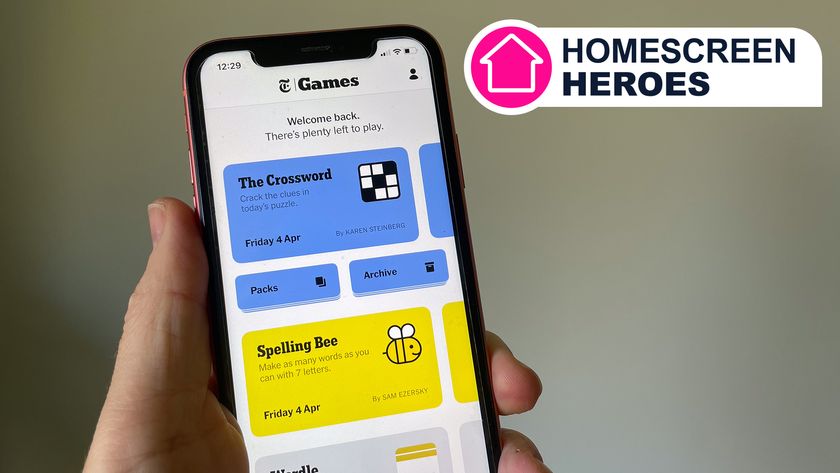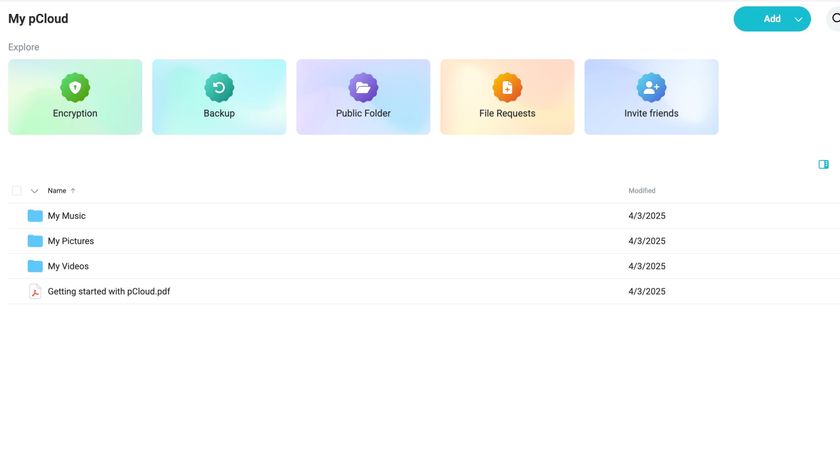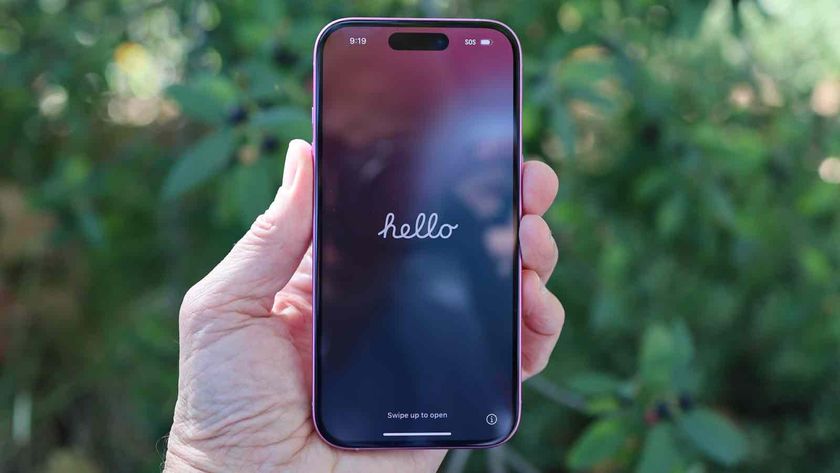A satire kicks off a Twitter trend in India - UnInstall WhatsApp
Targeting celebrity social influencers

A Bollywood superstar was recently called out for suggesting that sound waves could kill coronavirus. An eminent industrialist tweeted a picture of a mother and son wearing leaves as face masks and faced ridicule. A senior government functionary had egg on her face for sharing a picture of chicken that she claimed were hatched from Covid-19 infected eggs.
So, what's common among the three? No prizes for guessing. They received these images via WhatsApp and had shared them via tweets without once questioning the genuineness. On each occasion, their followers on Twitter took on these influencers with the Uninstall WhatsApp hashtag. And, each time the specific tweet got deleted.
None of this prepared India for the mother of all fakes when someone managing the parody account of a national leader flagged off a petition on Change.org requesting Mark Zuckerberg to uninstall Whatsapp from the phones of these influencers - actor Amitabh Bachchan and industrialist Anand Mahendra.
"A megastar and a renowned industrialist are falling prey to fake news and bizarre content being fed to them via WhatsApp. We need to restore the dignity of the two gentlemen. Through this petition, we are requesting Mark Zuckerberg to disable WhatsApp on their numbers," says the petition started by Twitter user Rofl Gandhi_.
Uninstall Whatsapp from Amitabh Bachchan & Anand Mahindra's Phone - Sign the Petition! https://t.co/UEekUY9ZgY via @ChangeOrg_IndiaApril 26, 2020
Celebrities are the worst culprits
How is it that celebs and influencers end up spreading fake news? A recent research by Reuters Institute for the Study of Journalism and the Oxford Internet Institute suggested that 69% of social media engagement around Covid-19 misinformation was generated by politicians, celebrities and prominent public figures despite accounting for only 20% of the misleading posts. The large followings of these individuals being the cause.
Terming group collectively as "top down", the research report says the role the bigger personalities play in spreading information suggests the growing need to monitor their accounts and respond quickly to limit the diffusion of false or misleading claims.
The authors of the report further said they relied on data sets created by an international consortium of fact-checkers called First Draft who reported a 900% growth in fact-checks between January and March this year following the spread of Covid-19.
Get daily insight, inspiration and deals in your inbox
Sign up for breaking news, reviews, opinion, top tech deals, and more.
And, WhatsApp the biggest contributor
A large contributor to the fake news is Whatsapp. This in spite of the fact that the Facebook-owned company has taken several steps to curtail forwards with dubious content and even more suspicious motives. In fact, a report earlier today suggested that fake news from Whatsapp has reduced by 70% since it restricted forwards of already forwarded messages to just one.
WhatsApp has even provided a detailed list of FAQs to prevent fake news and rumours from spreading through the messaging service. Prior to creating the list of questions, they had even shared a video that gave three simple tips to ascertain the veracity of content that arrives as forwards.
WhatsApp then suggests these FAQs
- Understand when a message is forwarded: Messages with the 'Forwarded' label helps determine if a friend or relative wrote it or if it came from another. And when it has been forwarded more than five times, it's indicated with a double arrow icon. In case, you're unsure about who wrote the original message, double check the facts.
- Check photos and media carefully: Photos, audio recordings, and videos can be edited to mislead. Look at trusted news sources to see if the story is being reported elsewhere. When it is reported in multiple places, it's more likely to be true.
- Look out for messages that look different: Many messages or website links you receive containing hoaxes or fake news have spelling mistakes. Look for these signs so you can check if the information is accurate.
- Check your biases: Watch out for information that confirms your pre-existing beliefs and review the facts before sharing information. Stories that seem hard to believe are often untrue.
- Fake news often goes viral: Even if a message is shared many times, this doesn't make it true. Don't forward a message because the sender is urging you to. If you see something that's fake, tell the person who sent it to you and ask them to verify the information before sharing. Report those who regularly share fake news.
Which brings us back to the trending topic on Twitter. Instead of UnInstall WhatsApp, it could be better if the celebrities are given these FAQs about fake news so that they can pause a moment and allow that burning urge to tweet loose some steam.
A media veteran who turned a gadget lover fairly recently. An early adopter of Apple products, Raj has an insatiable curiosity for facts and figures which he puts to use in research. He engages in active sport and retreats to his farm during his spare time.













